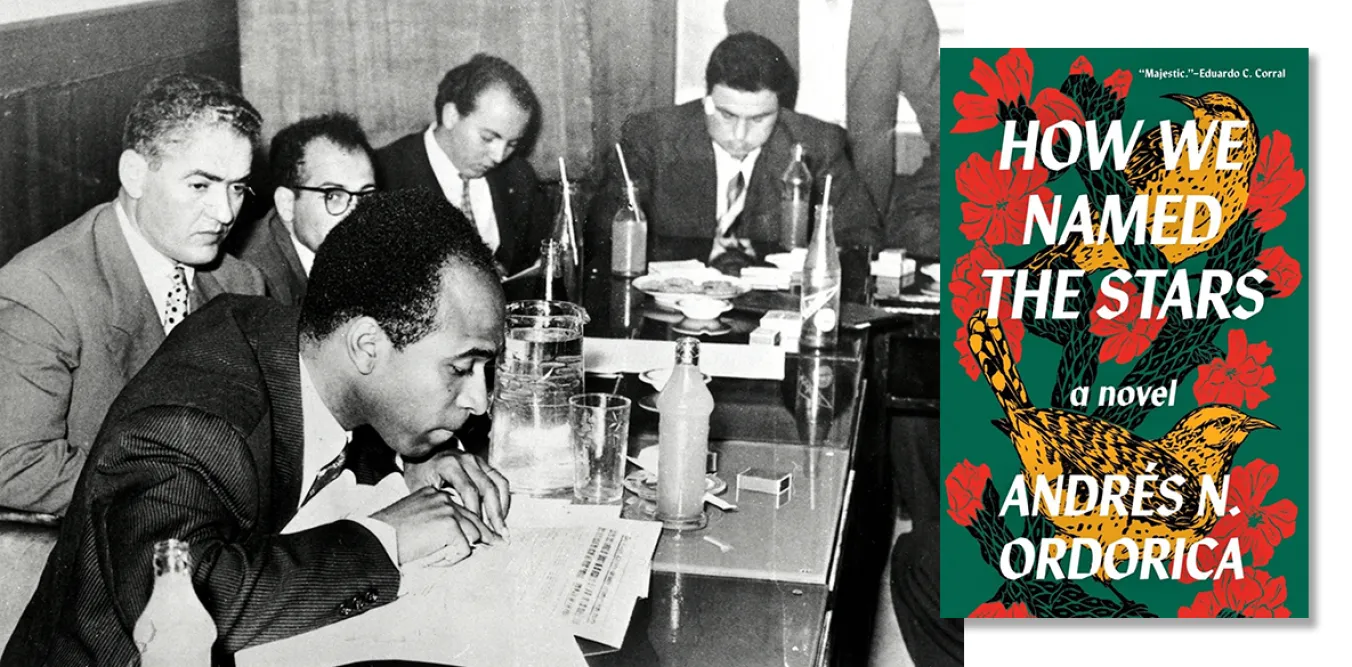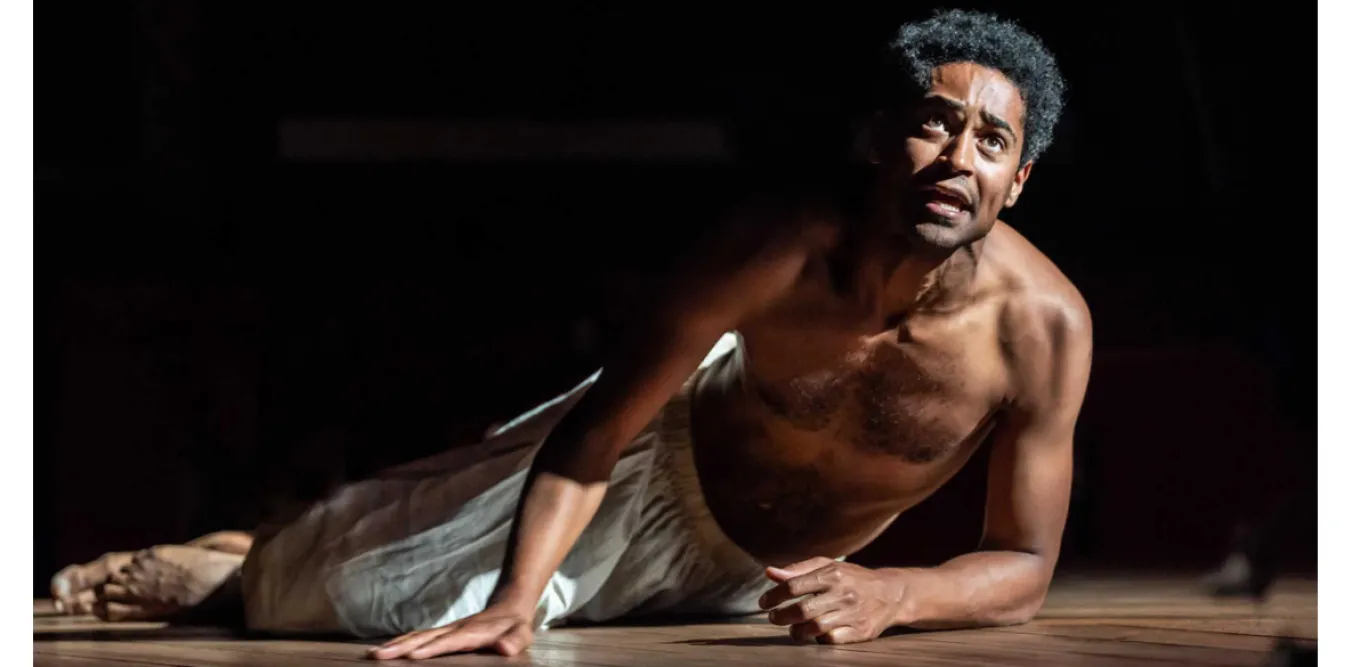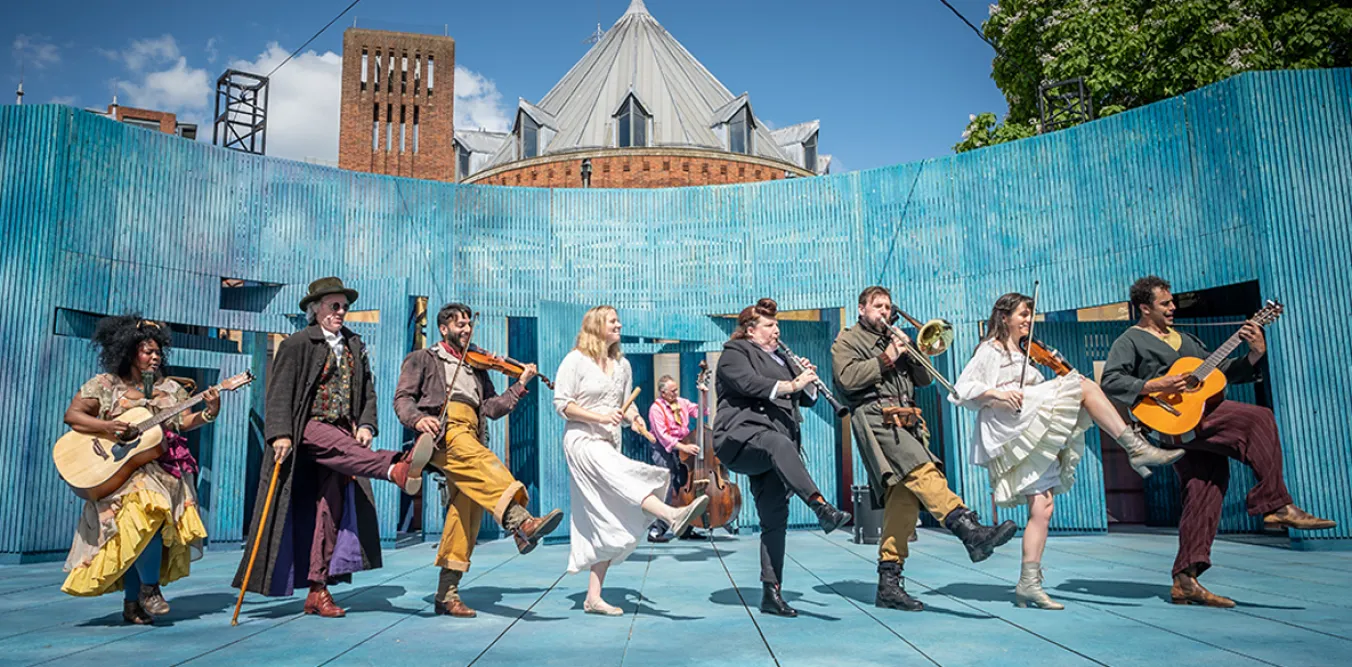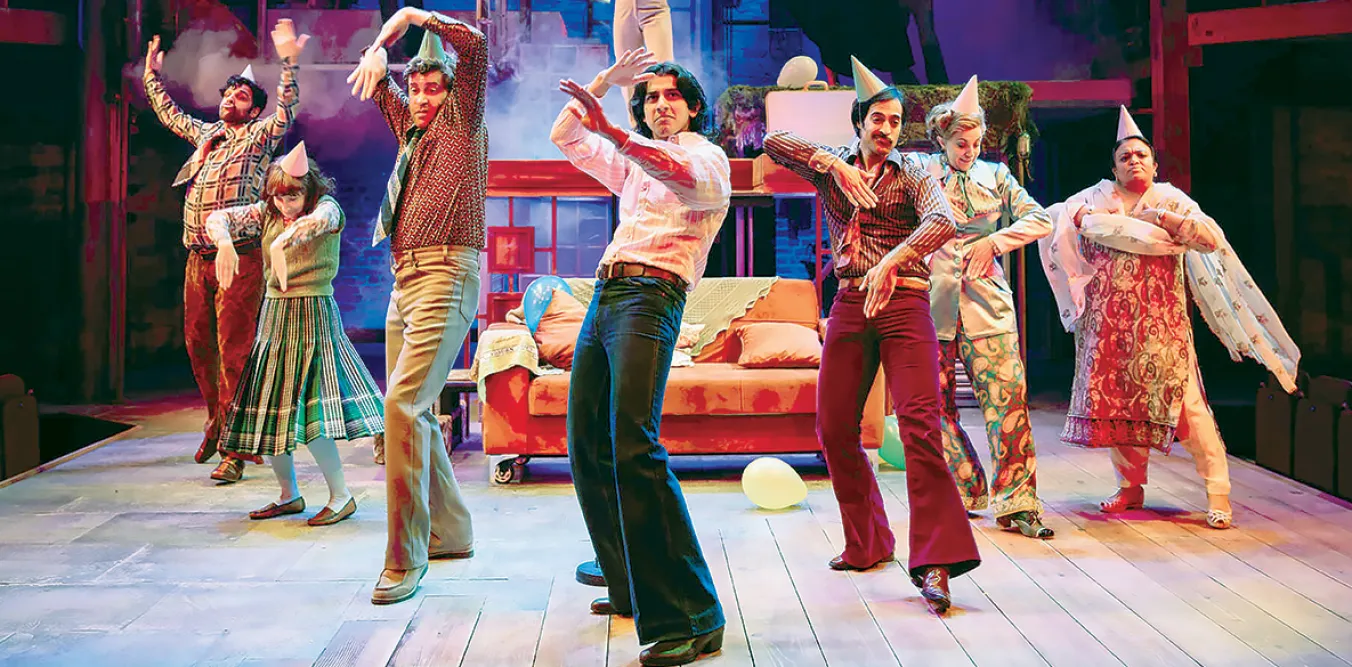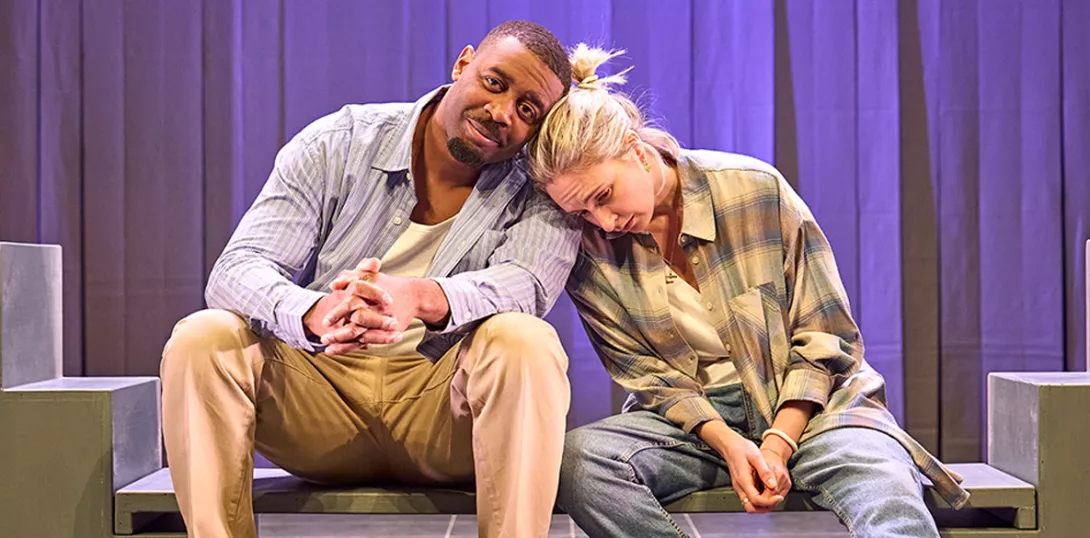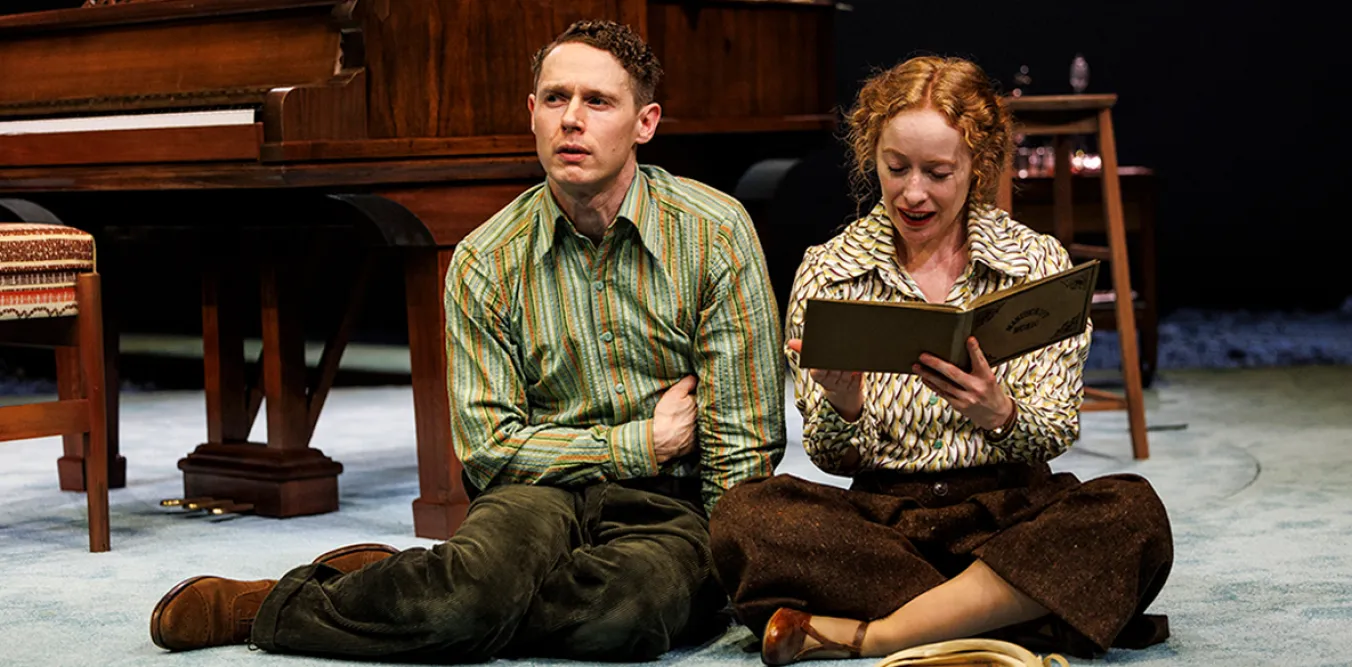
Ben and Imo
The Swan Theatre, Stratford-upon-Avon
MARK RAVENHILL’s intimate two-hander, deals with the intense relationship between Benjamin Britten and Imogen Holst as the composer struggles with the commission to create a grand opera to celebrate the advent of the “new Elizabethan” age and the 1953 coronation of the young queen. It is an adaptation for theatre of his own 2013 radio play.
There are inevitable difficulties involved in the journey from the radio theatre of the imagination to the theatre of the stage. Where the former could instantly transport the listener from Britten’s work room in Aldeburgh to Covent Garden for the final preparations for the initially disastrous Gloriana, director Erica Wyman’s limited stage, dominated by a central grand piano, anchors the production in space and time.
Yet, in fact this works extremely well. The play, claustrophobically, centres on the turbulent relationship between Britten’s emotionally immature creative genius and Imogen Holst, transferring her devotion from her dead father Gustav’s art, to the man who is expected to put Britain, as a nation, on the opera world scene.
